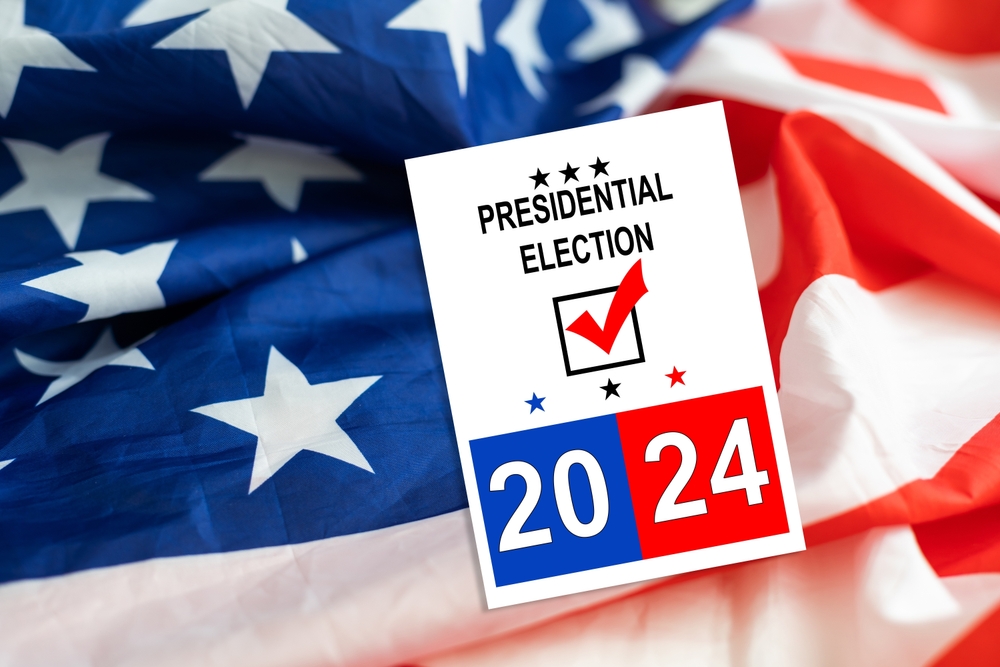Listen To Story Above
President Trump highlighted positive discussions with Britain’s Prime Minister regarding recent tariff decisions, where the UK secured a more favorable rate compared to the European Union’s higher penalties. While the EU faces a substantial 20 percent tariff, Britain received a lower 10 percent rate, placing it among the nations least affected globally.
Speaking aboard Air Force One, Trump expressed satisfaction with his interactions with Prime Minister Sir Keir Starmer, stating “…we have a very good dialogue going, and I think he was very happy about how we treated him on tariffs”.
Despite the relatively favorable treatment, Britain had initially sought to avoid any tariffs through establishing a trade agreement with Washington before Liberation Day. The previous Conservative government’s inability to secure such a deal during their years in power, partly due to their reluctance towards Brexit implementation and apparent resistance to Trump’s first administration, has drawn criticism.
Breaking🇺🇸🔥🇬🇧: President Donald Trump hints at free trade agreement with the U.K only hours after warning the EU of 25% tariffs.
Without @realDonaldTrump and without BREXIT this wouldn't be possible.
Over to you Ursula. pic.twitter.com/aNn6nNu1Ne
— HIN News🇬🇧🇺🇸 (@HerdImmunity12) February 27, 2025
The situation has created political tension, with Conservative politicians now facing backlash for criticizing Labour’s recent trade negotiation efforts, despite their own party’s previous failures to reach an agreement. Although ideologically distant from Trump, the current Labour government has adopted a practical approach, actively working towards a trade deal that could potentially eliminate tariffs entirely. British officials are optimistic about finalizing an agreement within weeks to reduce tariffs below the current 10 percent level.
Britain isn’t alone in this diplomatic strategy, with Australia also pursuing a similar approach to secure preferred partner status. Trump emphasized the effectiveness of his tariff strategy, noting: “Every country has called us, that’s the beauty of what we do, we’ve put ourselves in the driving seat. If we’d asked most of these countries to do us a favour, they’d have said no, now they’ll do almost anything for us… the tariffs give us great power to negotiate”.
Trump went easy on the uk not because of starmer (God his voice makes my teeth itch) but because he respects the British people and our country all trump has done is match the 10% tariffs the uk charges America. pic.twitter.com/stW59HQQ1G
— Stu thats all you get🇺🇸🇺🇸 (@Boldyboy1975) April 3, 2025
Trump indicated willingness to negotiate, seeking “phenomenal” concessions in return. However, analysts suggest that differences between the US and UK regarding freedom of thought and expression might complicate negotiations for more favorable terms.
Addressing concerns about economic impact, Trump compared the situation to medical treatment, stating: “We inherited a terrible economy, as you know, with a lot of problems, including the loss of manufacturing and plants closed up and down the country. We’ve lost 90,000 plants since NAFTA… and about six million jobs, it’s a sick patient that went through an operation on liberation day, it’s going to be a booming country”.
Trump concluded by emphasizing that businesses could avoid tariffs simply by establishing manufacturing operations within the United States.







